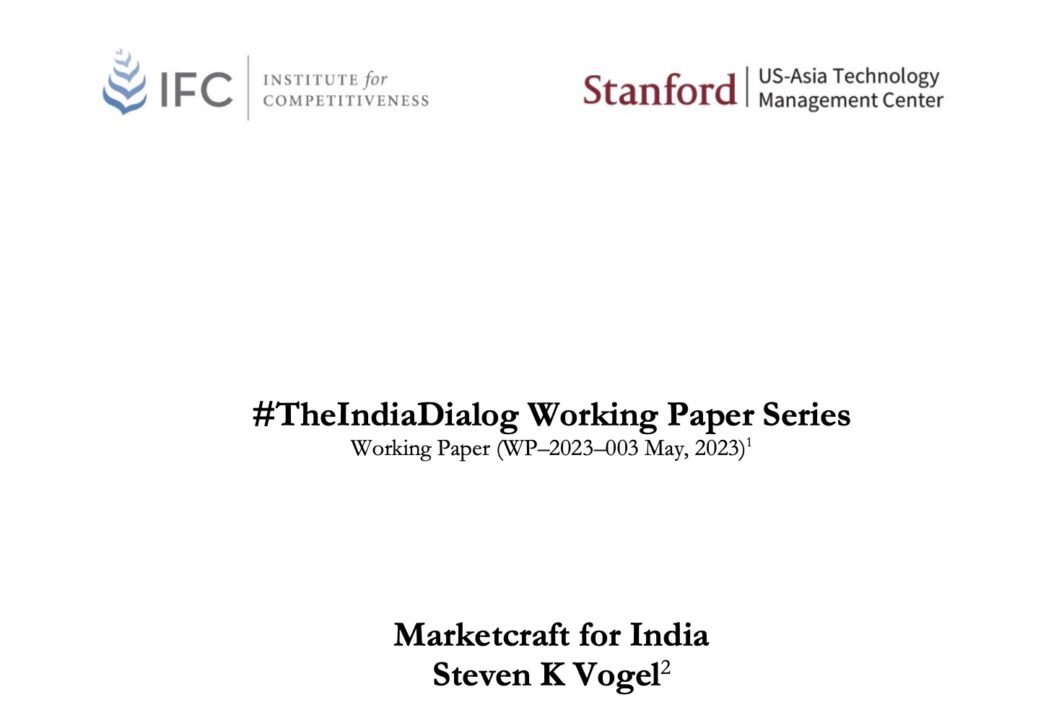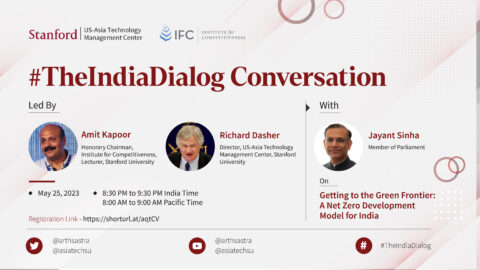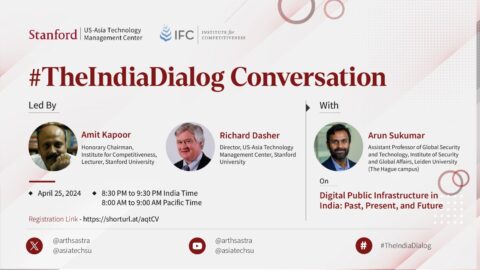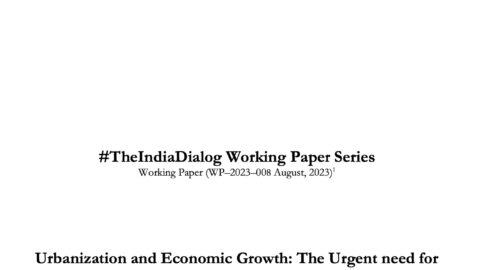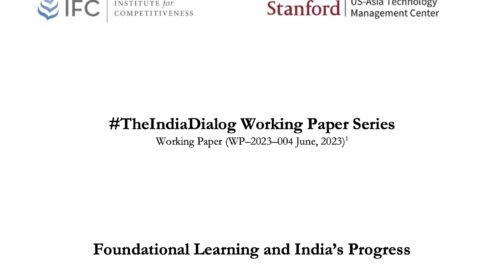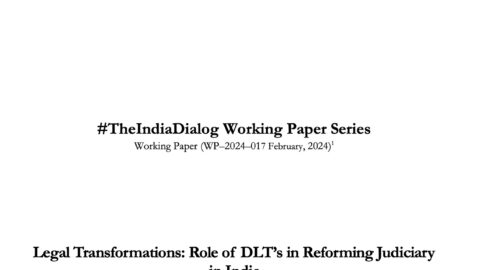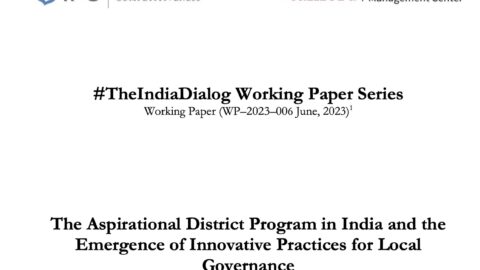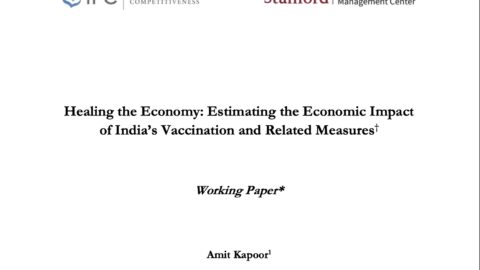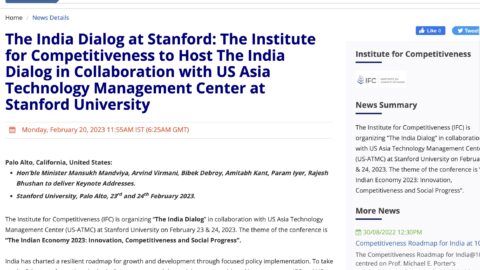The ability of India to meet its most critical challenges – such as growth, equity, public health, and environmental sustainability – hinges on market governance, or “marketcraft.” This refers to the government’s development and maintenance of the infrastructure for modern markets, including corporate governance, financial regulation, labor market regulation, antitrust, and intellectual property protection.[1] Statecraft denotes the management of state affairs, especially foreign relations. So marketcraft is the new statecraft in the sense that marketcraft has emerged as a core function of government roughly comparable to statecraft. Marketcraft is also an instrument of statecraft, for governments can deploy it to enhance their economic and military security.
In this essay, I contend that marketcraft is critical to the fortunes of modern economies, such as the United States and India. Before addressing these two country cases, let me briefly outline the argument.
The paper can be downloaded here.
TID_WP_003_Steven_Vogel
[1] This essay builds on Steven K. Vogel, Marketcraft: How Governments Make Markets Work (Oxford: Oxford University Press, 2018).
#TheIndiaDialog focuses on deepening the understanding of India and India – U.S. relationships through research and publications (i.e., working papers, reports, case studies, opinion pieces), the annual “India Dialog Summit,” monthly online “India Dialog Conversations” and other engagement with stakeholders.

